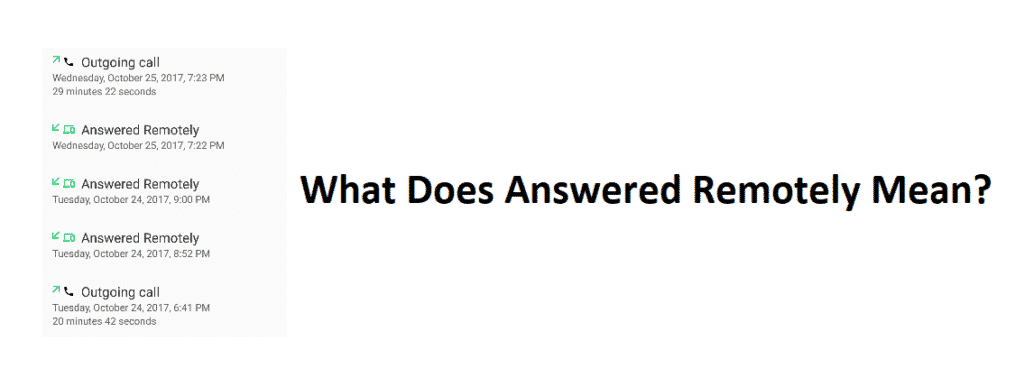

The NYS DOL has not yet issued regulations or guidance, and it may not do so until closer to the September effective date.

However, employers should continue to maintain records of all compensation provided to employees pursuant to preexisting New York Labor Law recordkeeping obligations.įourth, the Amendments define “advertise” under the law as “to make available to a pool of potential applicants for internal or public viewing, including electronically, a written description of an employment opportunity.” The definition is consistent with the New York City salary transparency law.Īs amended, the Salary Transparency Law will go into effect on September 17, 2023, and the New York State Department of Labor (NYS DOL) is required to promulgate rules and regulations to effectuate the law. Under the amended law, employers will no longer expressly be required to keep records of compensation range and job description history for each covered advertisement. Third, the Amendments remove the Salary Transparency Law’s original recordkeeping requirement, which would have created an independent violation for employers that did not keep records of salary disclosures and job descriptions. However, this disclosure would not be sufficient if a role’s compensation was based partially on commissions and partially on set wages. Rather, employers must only include “a general statement that compensation shall be based on commission,” which makes disclosure much simpler for commission-based employees. Second, the Amendments clarify that a disclosure of compensation ranges is not required where compensation is made entirely on commission. Pursuant to the Amendments, employers must disclose the compensation or range of compensation for any position that will be physically performed, at least in part, in the State of New York, “including a job, promotion, or transfer opportunity that will physically be performed outside of New York but reports to a supervisor, office, or other work site in New York.”Īccordingly, job advertisements must disclose compensation for certain positions even where the job will ultimately be performed from another state if the individual reports to an office, a worksite, or a supervisor in New York.


The law originally applied to jobs that could or would be performed, at least in part, in the State of New York, but did not directly address remote workers. The legislation signed by Governor Hochul on Ma(the Amendments) amends the Salary Transparency Law in four critical respects.įirst, the Amendments clarify the Salary Transparency Law’s application to remote workers. Employment advertisements must disclose the “compensation or range of compensation” for a position, with a potential civil penalty for violations of up to $1,000 for a first violation, $2,000 for a second violation, and $3,000 for a third or subsequent violation.Īs originally enacted, the Salary Transparency Law largely tracked the preexisting New York City salary transparency law except that it (1) instituted a requirement for employers to keep detailed records of salary ranges for six years and (2) required employers to include a job description when advertising a job, promotion, or transfer opportunity. The Salary Transparency Law applies to all employers of four or more employees in New York when advertising a job, promotion, or transfer opportunity. Initially enacted on December 21, 2022, the Salary Transparency Law created a statewide salary transparency requirement effective September 17, 2023. As amended, the Salary Transparency Law encompasses remote work, clarifies the definition of a covered “advertisement,” and removes what would have been an onerous recordkeeping requirement. New York Governor Kathy Hochul recently signed legislation amending the state’s recently enacted salary transparency law (the Salary Transparency Law) requiring the disclosure of compensation ranges in job advertisements.


 0 kommentar(er)
0 kommentar(er)
